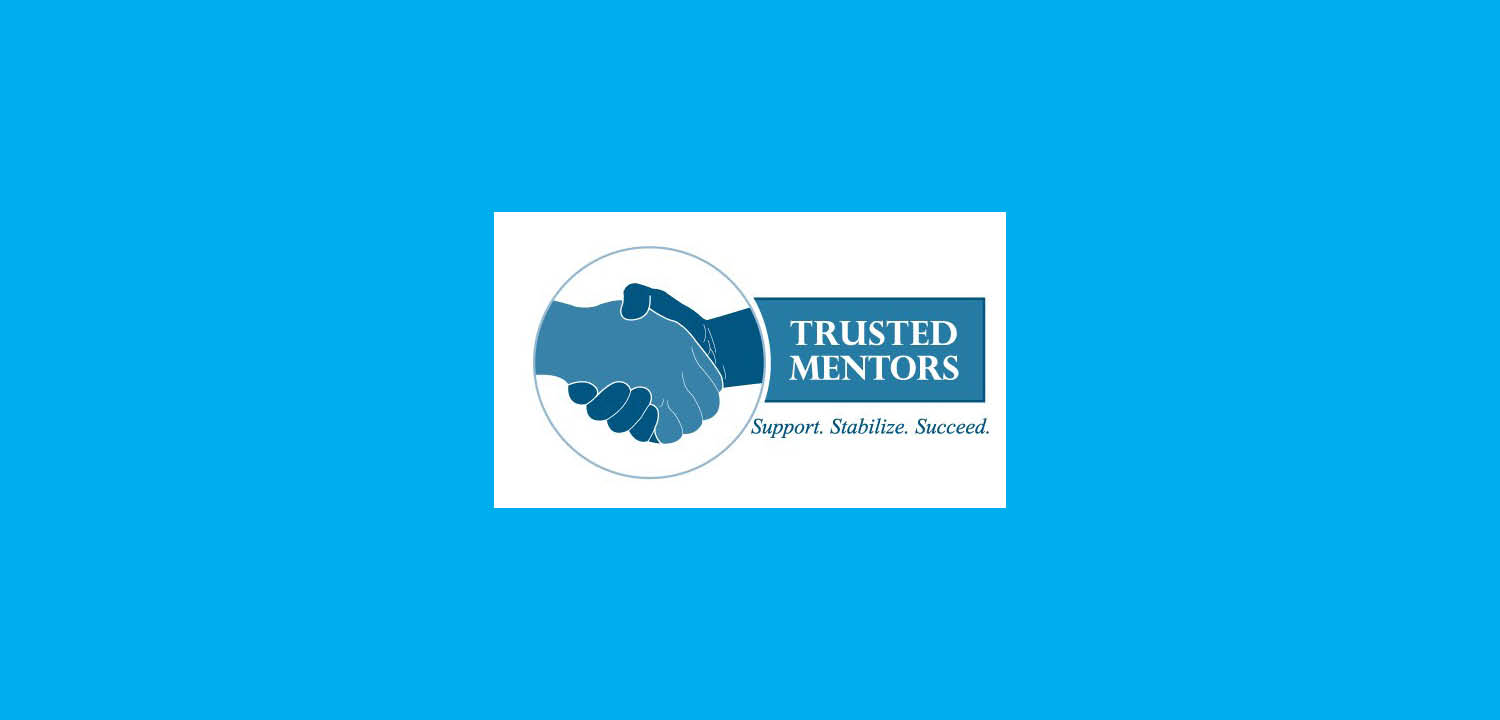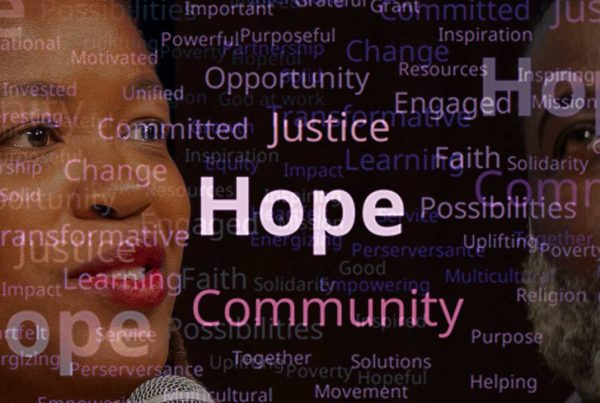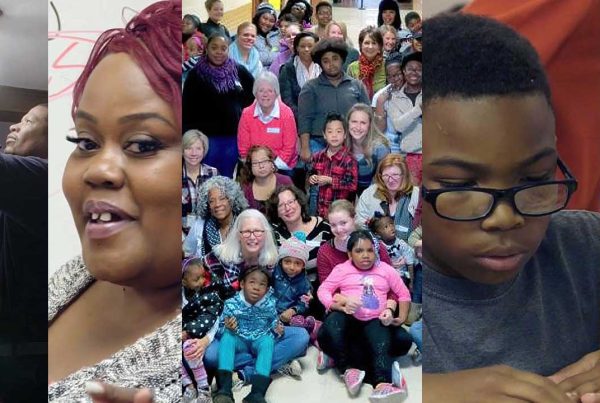Faith & Action Project Grantee Trusted Mentors builds on the power of relationships.
The idea that success in life comes down to who you know received high-profile attention recently in the form of news about a study by economist Raj Chetty. The New York Times, NPR and other national news outlets trumpeted the study’s findings, which suggest that one of the surest ways out of poverty is having friendship with people who are not living in poverty.
Jeri Warner was delighted to read about the study, but she certainly wasn’t surprised. After all, her organization, Trusted Mentors, has embraced that idea for years as it has connected young people and adults living on the brink of poverty with volunteers trained to walk alongside them. Through these relationships, Trusted Mentors hopes to support people in recognizing and developing their own assets and overcoming challenges in order to become stable and contributing members of the community.
Trusted Mentors recently got a boost in these efforts in the form of a 2022 Faith & Action Grant, which it will use support and expand its mentoring program, which focuses on people coming out of homelessness or who are at risk of becoming homeless, including those who are re-entering the community from prison and young adults who are involved with the justice system or are aging out of foster care.
The funds will provide necessary staffing to recruit, train, and support mentors and maintain relationships with partnering agencies in an effort to help 80 participating adults and young adults end the cycle of poverty.
Trusted Mentors’ results suggest that the grant could have considerable impact. With mentoring relationships that last at least 90 days, the organization has seen that 98% or program participants maintain their housing and 88% of participants who had been incarcerated do not re-offend.
People who volunteer to be mentors are trained by Trusted Mentors to serve in a very structured role. They are not expected to solve a mentee’s problems or support them financially, for example, but they are expected to dedicate about six hours each month to talking with the mentee, discussing challenges, working together to find solutions and simply to lend that value of life experience.
“Mentoring isn’t about fixing problems,” she said. “It’s about starting with empathy … and providing support and encouragement.”
Trusted Mentors is currently working to attract new mentors into the program, and it is especially interested in adding people from diverse backgrounds and experiences. Mentors don’t need any special background or experience to qualify; Trusted Mentors will provide training that helps mentors build fruitful relationships and will support them throughout the relationship as needed.
And it is a true relationship that evolves from the mentor connections, Warner said, and the impact of that relationship aligns well with the findings from Chetty’s report. But she added that relationship will also have impact that the recent study likely doesn’t address: It will change the mentor.
She shared one story of an 87-year-old mentor who was matched with a mentee in his 50s who had recently re-entered the community after decades in prison.
“The mentor told the mentee, ‘You’ve changed me,’” Warner said, “‘because now I understand that we all have the same hopes and dreams, no matter our life stories.’”
If you are interested in becoming a mentor with Trusted Mentors, go to https://trustedmentors.org/become-a-mentor/.






